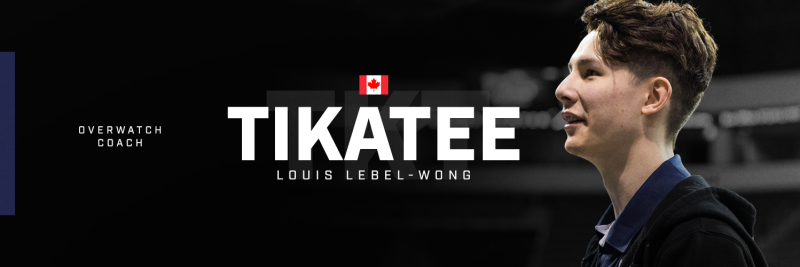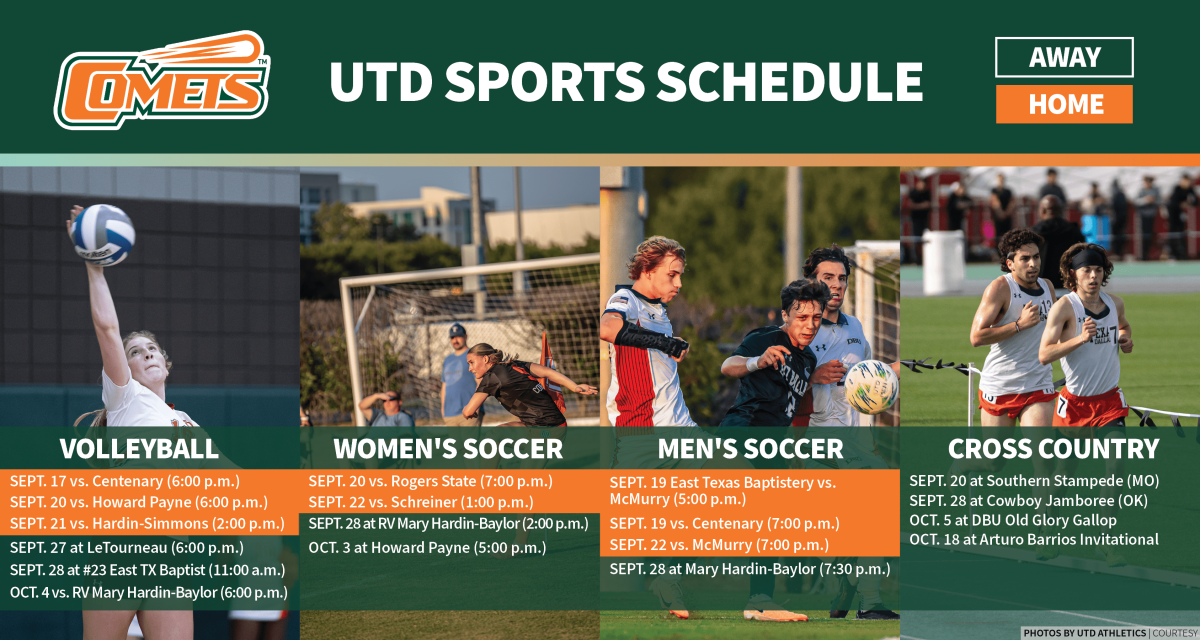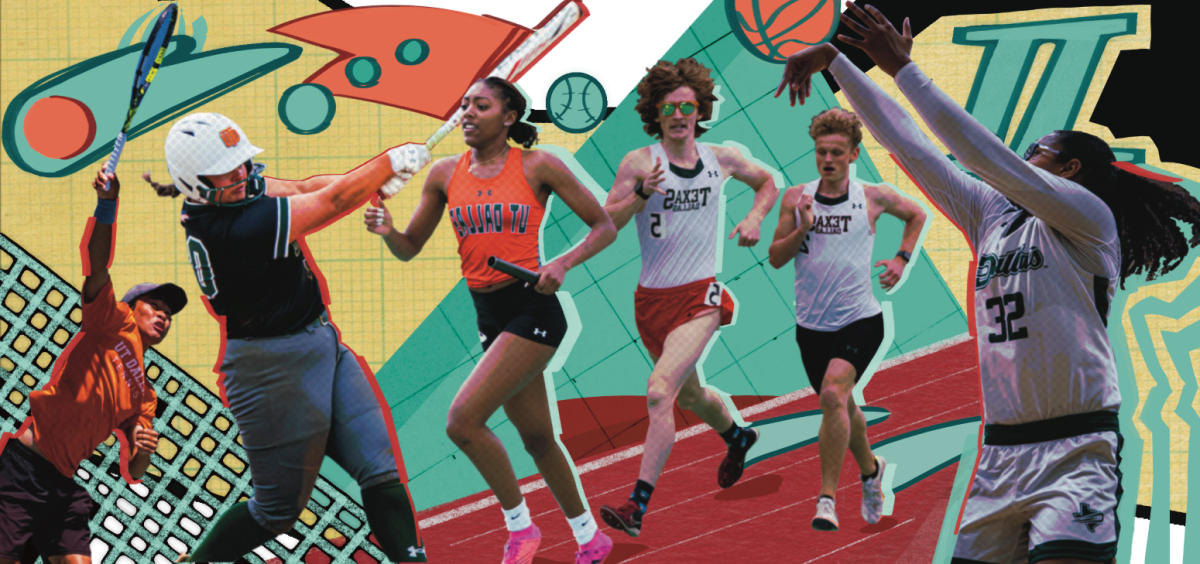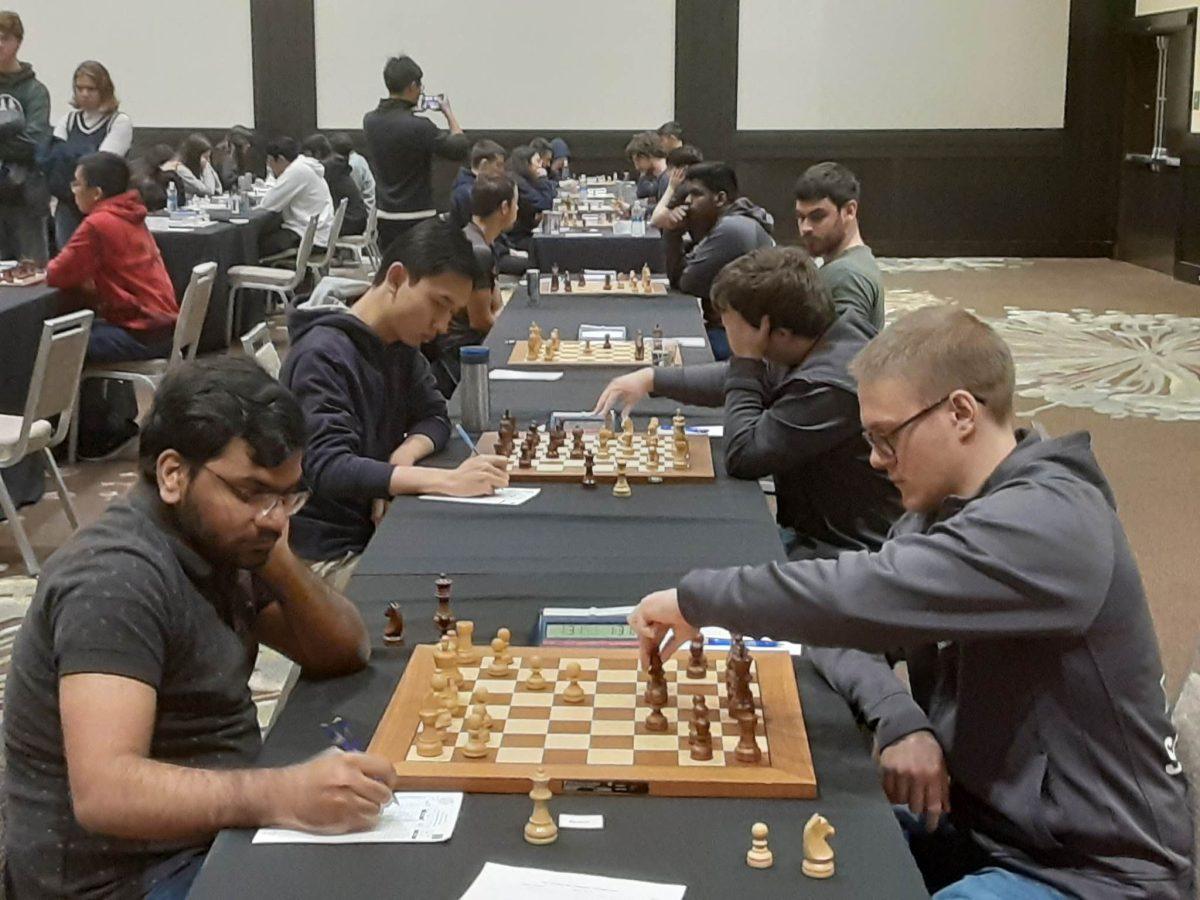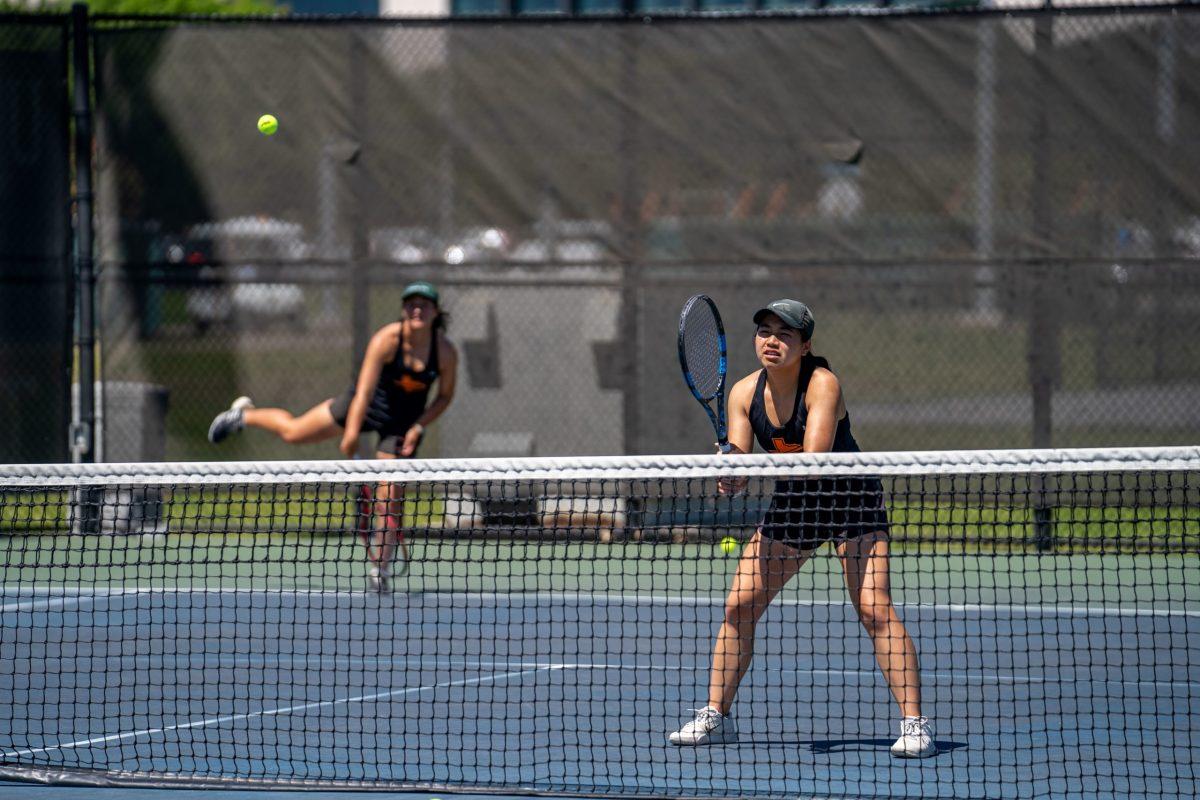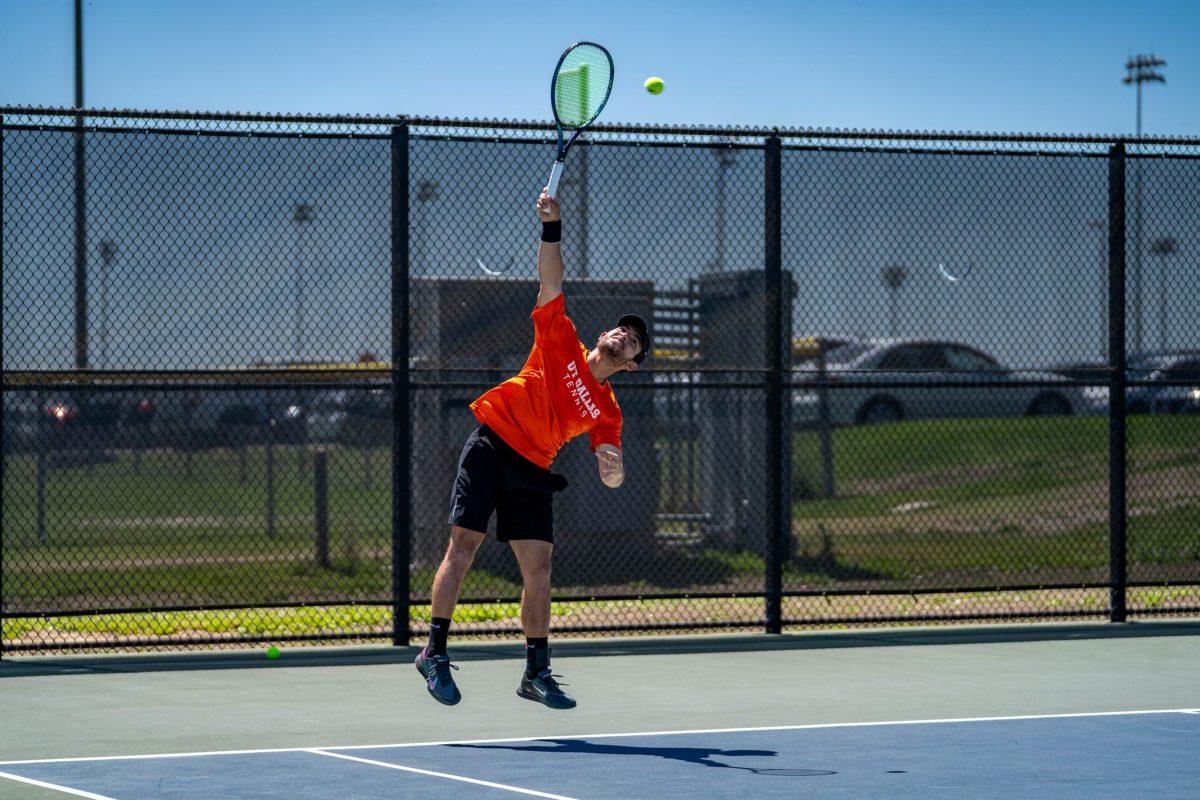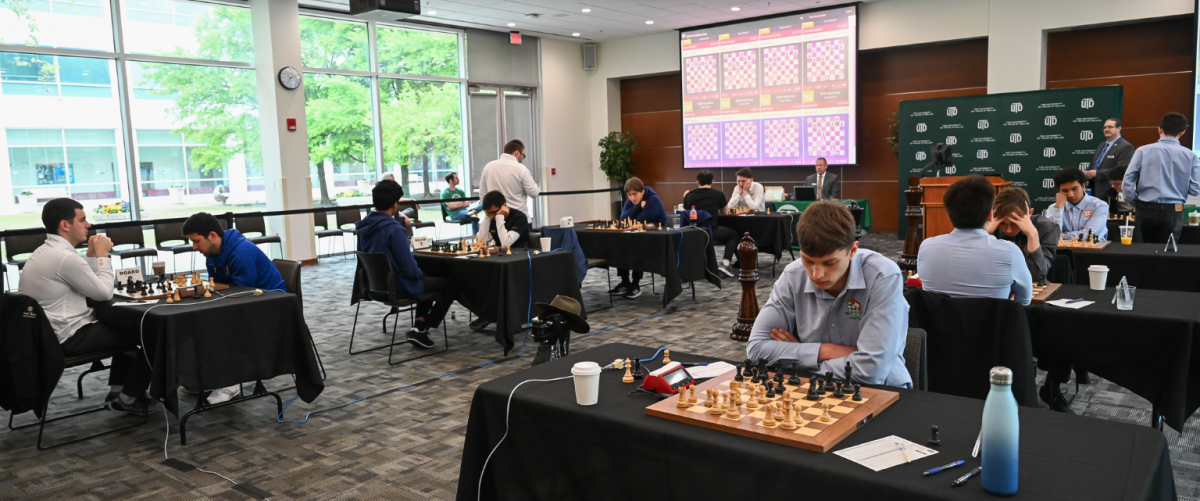One of the Comet Esports “Overwatch” teams recently received professional advice when former Dallas Fuel coach Louis “Tikatee” Lebel-Wong spent two hours coaching them at practice.
This month, Tikatee spent time with the players and coaches – including main tank and ITS junior Jonah “Luey” Salinas and head “Overwatch” student coach and computer science junior Ivan “King” Payne – to work on the team’s structure in-game and out. While there hasn’t been a lot of public interaction between pro coaches and players on collegiate teams, King says it’s not a rare occurrence.
“It happens more often than you’d think. Most of these things aren’t in public, but a lot of higher-end schools, a lot of their players are semi-professional players that have graduated high school and said, ‘I just don’t have the time to go pro,’ and that’s where they go to college,” King said. “We know those people, so it happens a good bit. We’re focusing a lot more on making it mainstream and public to provide incentive.”
Tikatee said he is currently looking for opportunities in the Overwatch League, and had the free time to sit down with the team and talk about their gameplay.
“We ended up talking back and for a while and it turned into a full on feedback session where I could take a look at not only how the team was playing, but how they are organized as a structure between their staff and they players,” Tikatee said. “The players themselves were very respectful, very receptive to the feedback I gave, their head coach King seemed like he was doing a great job already.”
Luey said that despite the busy class schedules of most of the athletes, Tikatee was able to help a lot in maximizing practice time.
“He brought in a lot of information we can utilize to change around our structure as a whole and within our coaching staff,” Luey said. “What we can do to maximize our practices, maximize the outcome we get from our practices and what we can do outside of practices even with our tight schedule so we can prepare for each match and tournament coming up pretty well.”
More specifically in game, Tikatee was able to provide some insight on how to better execute on specific team compositions, like the dive composition that came back into the meta. Tikatee said that the game as a whole is moving in a direction where team coordination at the highest level is more important than raw individual skill, which he says is good for the game.
“So in a [dive] composition like that, in a game like Overwatch, it needs to be very cleanly executed. As we’re seeing in the Overwatch League, teams are getting away with Zarya/Roadhog and punishing any mistakes you show them,” Tikatee said. “Most of my feedback was about them missing a few steps in their setup, not communicating enough prior to engagements, and just general focus points for what they should be doing.”
King said that Tikatee’s professional experience with multiple meta shifts at the highest level of play helped the team adapt to the quickly shifting meta that comes with new patches.
“The big takeaway was just kind of realizing how to maximize our few short times together, and then how to really push as much outside perspective as possible,” King said. “And really find a way to shift the focus of our staff, and shift the mentality of the players, that we’re no longer having that luxury of infinity time, and to make every second count.”

